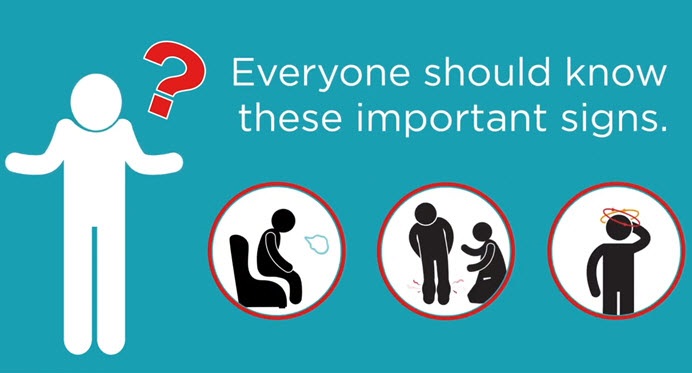Medications Used to Treat Heart Failure
Studies have shown that several classes of drugs are best to treat heart failure. Heart failure patients may need multiple medications. Each one treats a different symptom or contributing factor and comes with its own instructions and rules. You and your caregivers should work with your healthcare team to understand the medications and when, how often and in what dosage to take them. It’s important to discuss all of the drugs you take
Cardiac Rehab for Heart Failure
Helping you Rise Above HF Cardiac rehabilitation can be a life-changing step in the journey to recovery from heart failure – playing a critical role in improving quality and length of life. What is cardiac rehab? Cardiac rehab is a medically supervised program that includes exercise training, education on heart-healthy living, and in many cases, counseling to reduce stress. It helps patients recover and improve physical, mental and social function. The goal is to
Lifestyle Changes for Heart Failure
Small changes can make a big difference Following recommendations about diet, exercise and other habits can help alleviate heart failure symptoms, slow your disease’s progression and improve your everyday life. In fact, people with mild to moderate heart failure often can lead nearly normal lives as a result. Making some of these lifestyle changes can be easier said than done. But working these changes into your daily routine can make a
Treatment Options for Heart Failure
What can you do about heart failure? Heart failure caused by damage to the heart that has developed over time can’t be cured. But it can be treated, quite often with strategies to improve symptoms. Successful treatment depends on your willingness to get involved in managing the condition. You, your loved ones and your caregivers all play an active role as part of the healthcare team. View an animation of heart failure. Your treatment plan
Ejection Fraction Heart Failure Measurement
What is “ejection fraction”? Ejection fraction (EF) is a measurement, expressed as a percentage, of how much blood the left ventricle pumps out with each contraction. An ejection fraction of 60 percent means that 60 percent of the total amount of blood in the left ventricle is pushed out with each heartbeat. This indication of how well your heart is pumping out blood can help to diagnose and track heart failure. What’s normal? A normal
Common Tests for Heart Failure
To determine whether you have heart failure, your healthcare team may perform some or all of these diagnostic tests and procedures. Physical examination How it's done: You'll be asked about your medical history and symptoms. Typically, you fill out forms with this information before your examination. The doctor or a healthcare assistant may ask you the questions again during the exam. Your blood pressure will be taken. You'll be weighed. A healthcare professional will listen to
Managing Heart Failure Symptoms
Small changes can improve symptoms, and give you time for what matters most. Your body and your heart can often respond to effects of heart failure (HF) so that you never notice any symptoms. Your heart compensates for added strain by working harder. However, as heart failure worsens, your body can gradually become less able to keep up. When a situation worsens by small degrees over time, you may not even
Heart Failure Signs and Symptoms
By themselves, any one sign of heart failure may not be cause for alarm. But if you have more than one of these symptoms, even if you haven't been diagnosed with any heart problems, report them to a healthcare professional and ask for an evaluation of your heart. Congestive heart failure is a type of heart failure which requires seeking timely medical attention, although sometimes the two terms are used interchangeably. View an
Understand Your Risk for Heart Failure
One in five Americans will develop heart failure Although heart failure (HF) may limit your activities and hurt your health, recent research brings new hope and effective strategies. Even though the number of people facing heart failure is on the rise, many people living with heart failure find treatment options that can help them continue living full and meaningful lives — and we are here to support them. Who is at risk? In
What Causes Heart Failure?
Many other heart conditions can ultimately lead to heart failure. All of us lose some blood-pumping ability in our hearts as we age, but heart failure results from the added stress of health conditions that either damage the heart or make it work too hard. All of the lifestyle factors that increase your risk of heart attack and stroke – smoking, being overweight, eating foods high in fat and cholesterol and









